Indigenous Governance Database
National
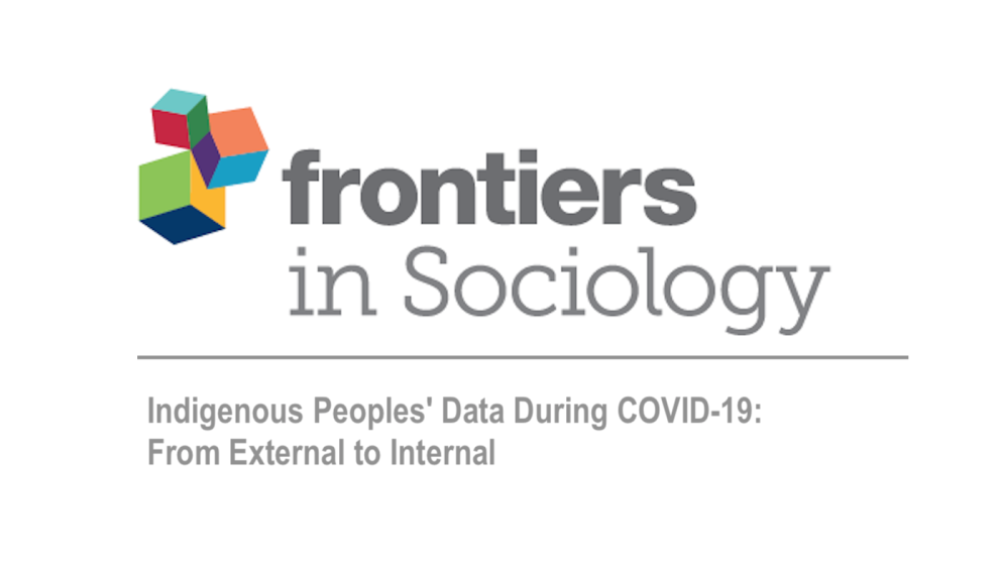
Indigenous Peoples' Data During COVID-19: From External to Internal
Global disease trackers quantifying the size, spread, and distribution of COVID-19 illustrate the power of data during the pandemic. Data are required for decision-making, planning, mitigation, surveillance, and monitoring the equity of responses. There are dual concerns about the availability and…

Fostering global data sharing: highlighting the recommendations of the Research Data Alliance COVID-19 working group
The systemic challenges of the COVID-19 pandemic require cross-disciplinary collaboration in a global and timely fashion. Such collaboration needs open research practices and the sharing of research outputs, such as data and code, thereby facilitating research and research reproducibility and…
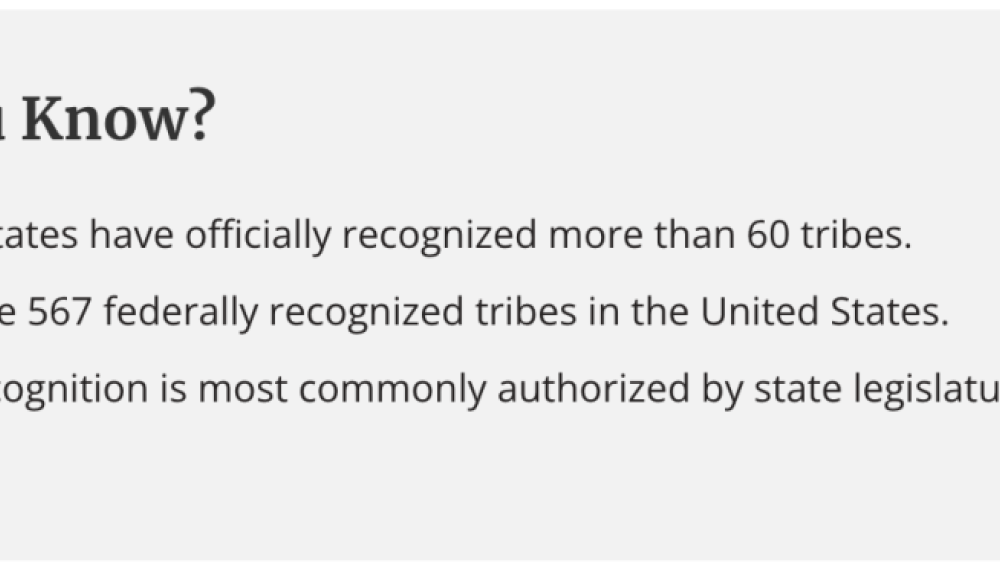
State Recognition of American Indian Tribes
State-tribal relations have a long and complex history in the United States. States’ government- to-government relationships with tribes continue to evolve, taking many forms, including formal recognition. Usually accomplished through legislative action, state recognition of American Indian tribes…
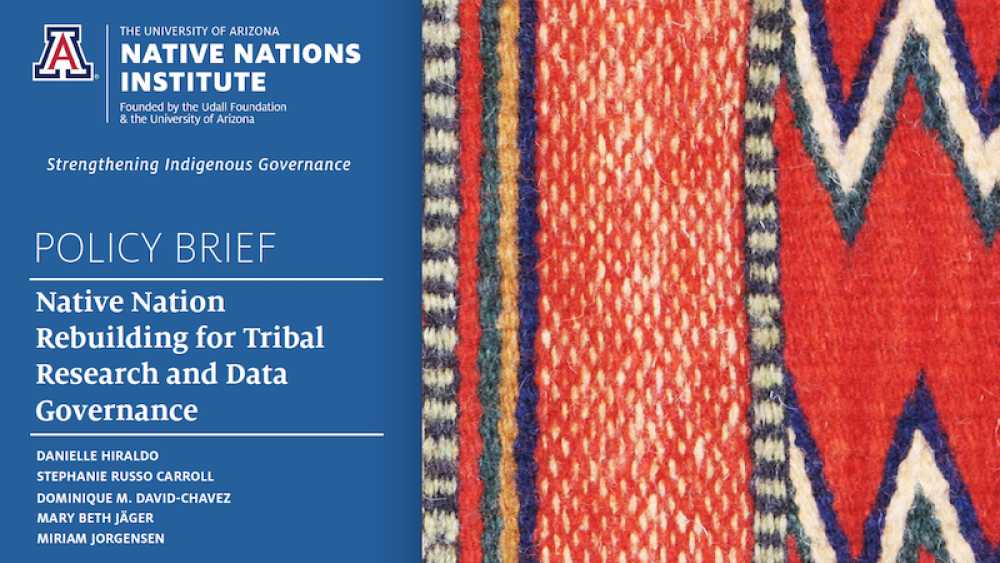
Policy Brief: Native Nation Rebuilding for Tribal Research and Data Governance
Indigenous Peoples conducted research long before their interactions with European settlers. Whether through observation or practice, research in a non-western context was woven into Indigenous ways of knowing and being. It continues to inform Indigenous Knowledges of landscapes and natural…
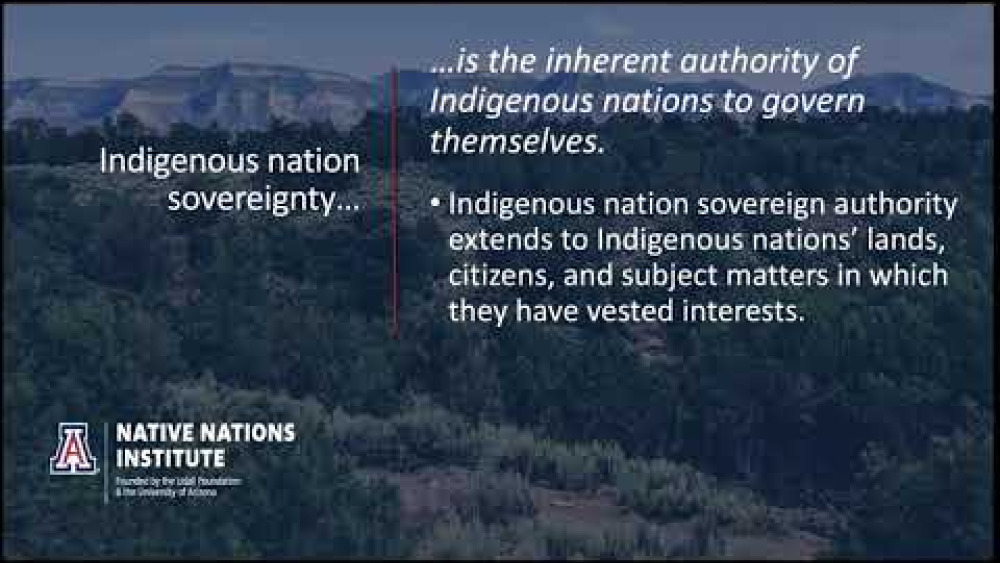
Invisible Borders of Reservations, Tribal Treaties, and Tribal Sovereignty
This 3-part discussion about the invisible borders of reservations, tribal treaties, and tribal sovereignty is led by Dr. Miriam Jorgensen, Research Director of both the University of Arizona Native Nations Institute and its sister organization, the Harvard Project on American Indian Economic…

Indigenous entrepreneurship: How Indigenous knowing, being and doing shapes entrepreneurial practice
This chapter introduces the concept and practice of entrepreneurship from an Indigenous perspective. The focus is on understanding what Indigenous entrepreneurship is, where it comes from and how it is understood and practiced in different contexts by people of diverse cultures, languages,…
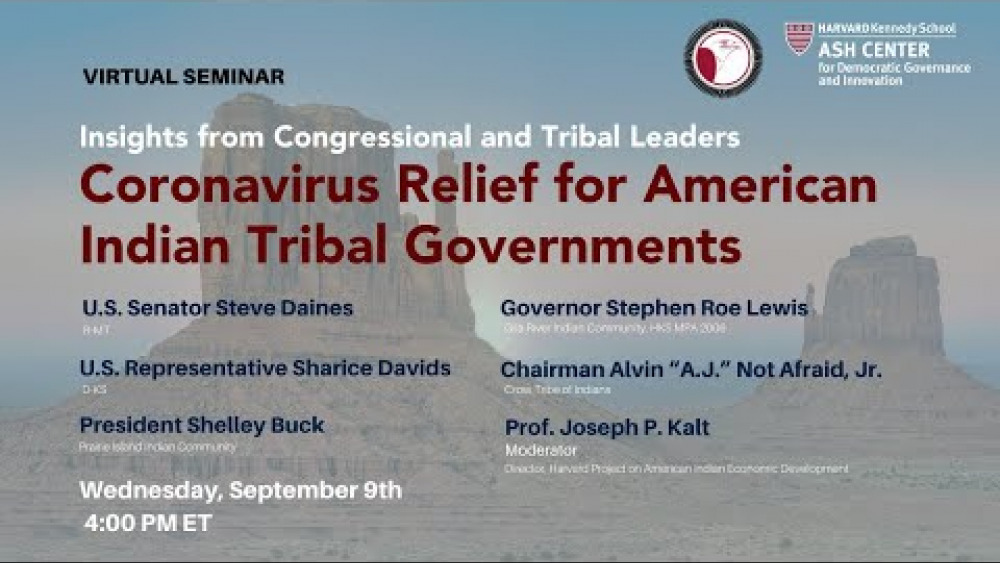
Insights from Congressional and Tribal Leaders: Coronavirus Relief for American Indian Tribal Govt
In March 2020, American Indian tribes celebrated their historic inclusion in the CARES Act, receiving nearly $11 billion in direct relief. The Act recognized that tribal governments are confronting extraordinary demands parallel to those faced by state and local governments. The relief dollars,…
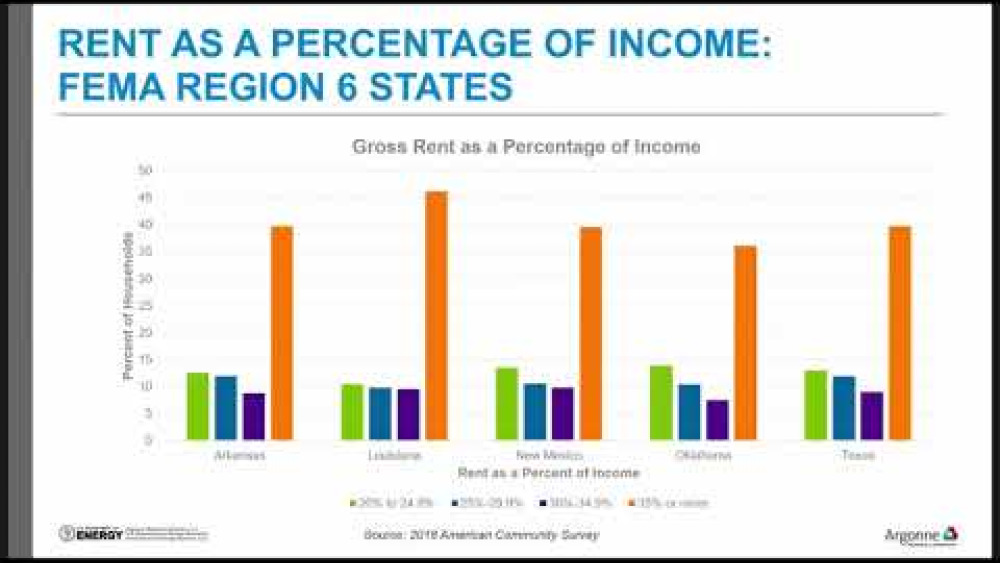
FEMA's Interagency Recovery Coordination Speaker Series: "Housing Insecurity"
Produced and hosted by FEMA, this 6-part Speaker Series is organized around the theme ‘Equity, Resilience in Recovery’. The goal of the Speaker Series is to bring people together to exchange information, inspire one another, and generate discussion on equitable strategies that build strong…
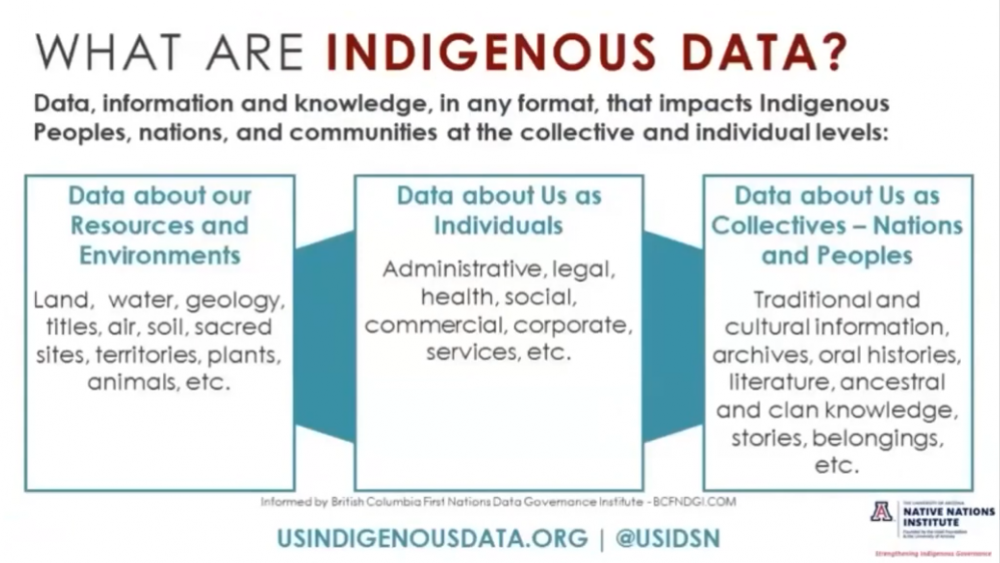
Operationalizing the CARE Principles for Indigenous Data Governance Webinar
Presented by: Stephanie R. Carroll, Assistant Professor and Associate Director of the Native Nations Institute, University of Arizona Jane Anderson, Associate Professor, Department of Anthropology and Museum Studies, New York University Extractive and unethical research practices led to the…
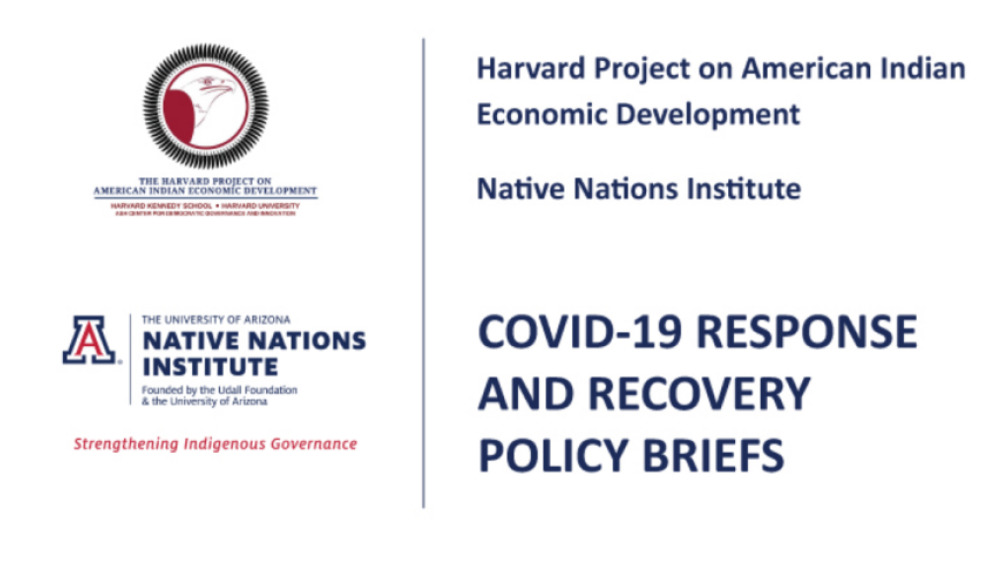
Policy Brief: Federal COVID‐19 Response Funding for Tribal Governments: Lessons from the CARES Act
The federal response to the COVID‐19 pandemic has played out in varied ways over the past several months. For Native nations, the CARES Act (i.e., the Coronavirus Aid, Relief, and Economic Security Act) has been the most prominent component of this response to date. Title V of the Act earmarked $8…
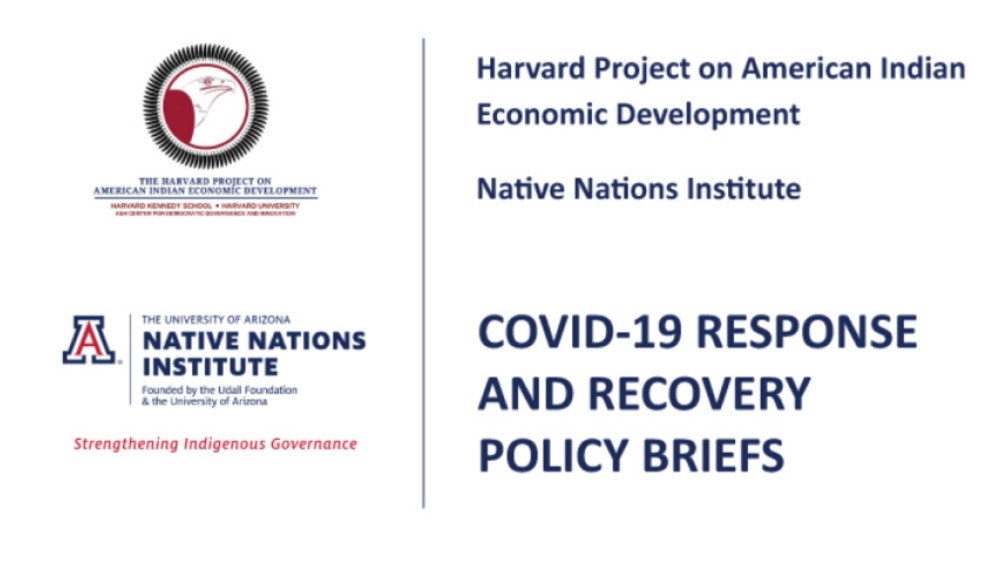
Policy Brief: Emerging Stronger than Before: Guidelines for the Federal Role in American Indian and Alaska Native Tribes’ Recovery from the COVID‐19 Pandemic
The COVID‐19 pandemic has wrought havoc in Indian Country. While the American people as a whole have borne extreme pain and suffering, and the transition back to “normal” will be drawn out and difficult, the First Peoples of America arguably have suffered the most severe and most negative…
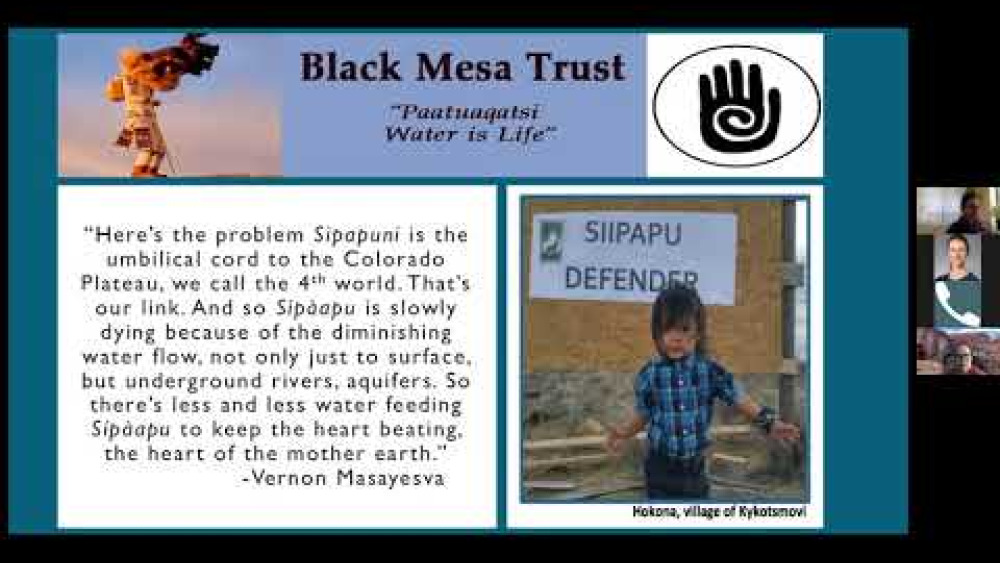
Water in the Native World Webinar Series: A Confluence of Anticolonial Pathways for Indigenous Sacred Site Protection
“Water in the Native World,” a special issue on tribal water research was just released by the Journal of Contemporary Water Research and Education. This is the second time, Dr. Karletta Chief, the PI of the Community Engagement Core of the University of Arizona Superfund Research Center (UA SRC)…
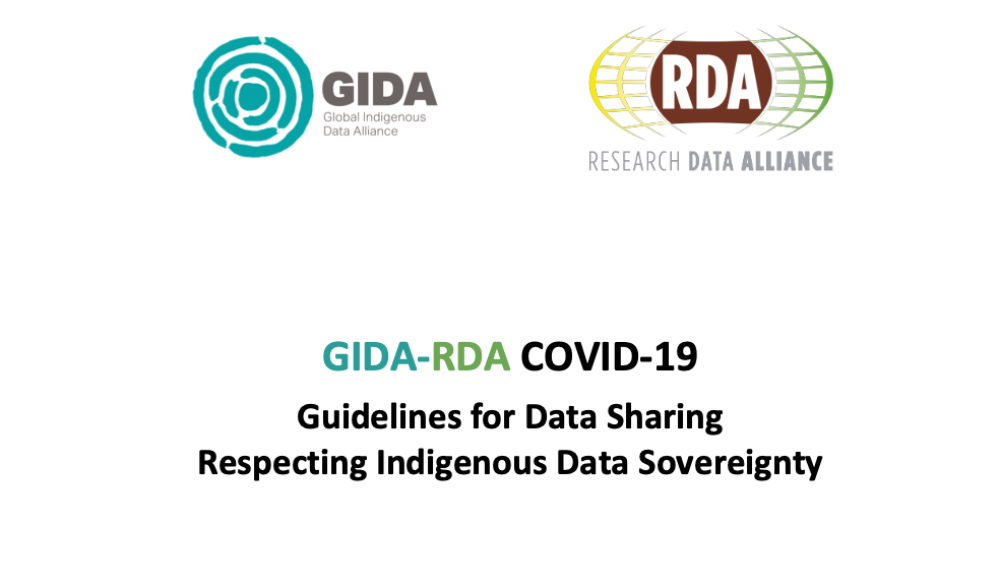
GIDA-RDA COVID-19 Guidelines for Data Sharing Respecting Indigenous Data Sovereignty
Indigenous Peoples around the globe have diverse narratives of resilience and adaptability; however, they are also acutely impacted by the negative social, economic, environmental and health outcomes of COVID-19 (UN Special Rapporteur on the rights of Indigenous Peoples, 2020). As such, it is vital…
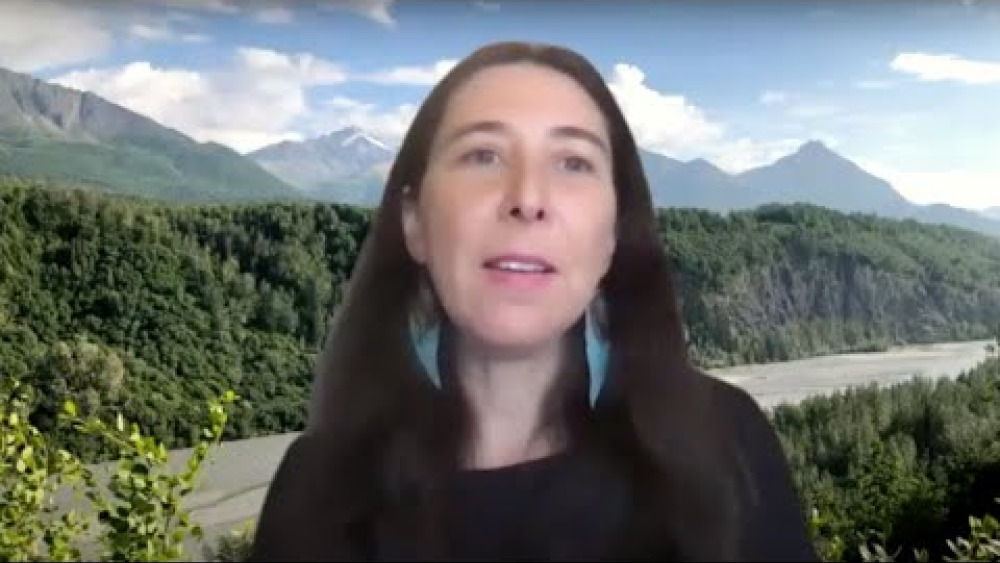
Interview with Dr. Stephanie Carroll about New Research on COVID-19 Spread in Indian Country
Listen to public health researcher Stephanie Carroll, co-author of “American Indian Reservations and COVID-19: Correlates of Early Infection Rates in the Pandemic.” Hear about this new research showing which factors, like household plumbing and language barriers, correlate with a higher spread of…
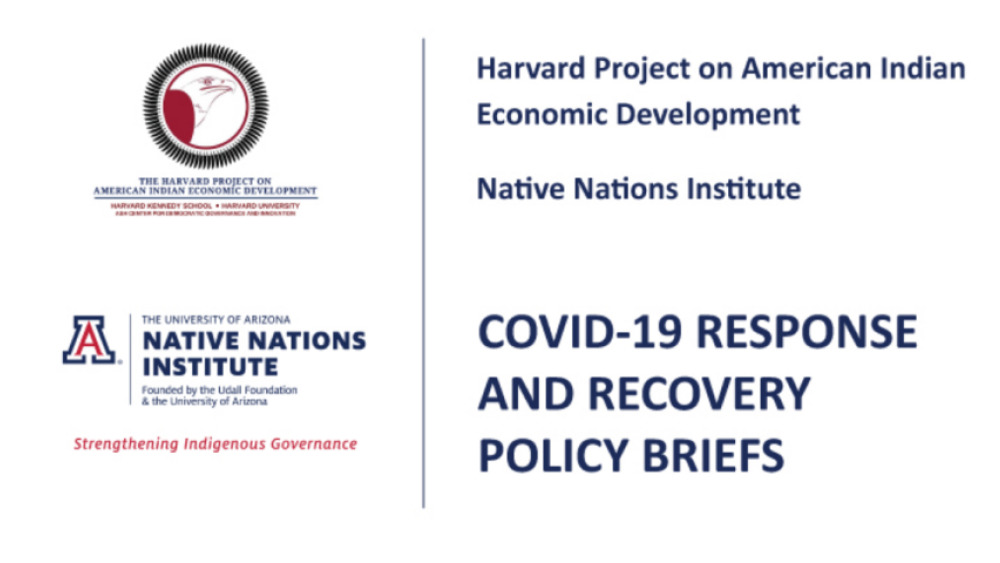
Policy Brief: Proposal for a Fair and Feasible Formula for the Allocation of CARES Act COVID‐19 Relief Funds to American Indian and Alaska Native Tribal Governments
Title V of the CARES Act requires that the Act’s funds earmarked for tribal governments be released immediately and that they be used for actions taken to respond to the COVID‐19 pandemic. These may include costs incurred by tribal governments to respond directly to the crisis, such as medical or…
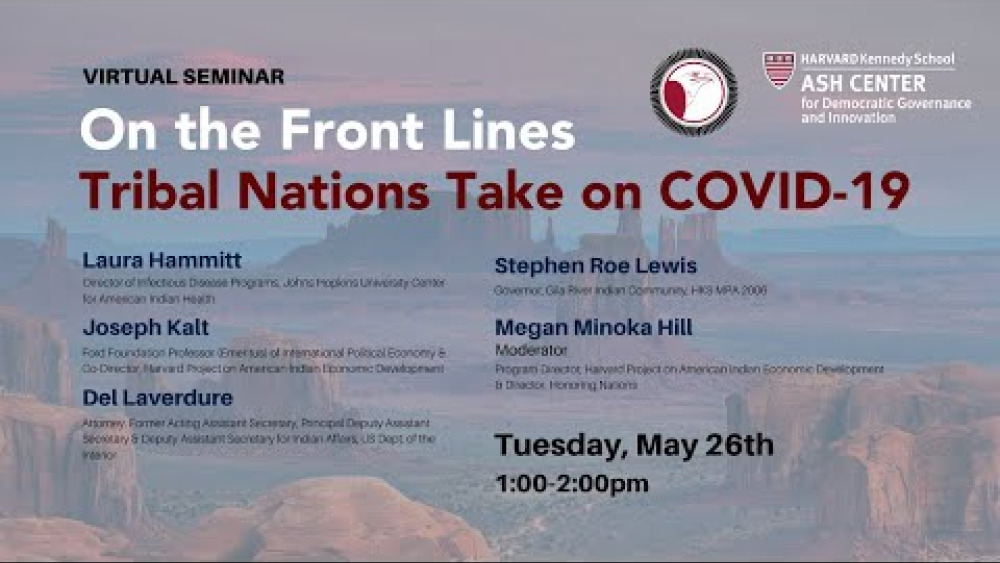
On the Front Lines: Tribal Nations Take on COVID-19
Like governments around the world, America’s 574 federally recognized tribal nations are racing to protect their citizens from the coronavirus. Impacting tribes at a rate four times higher than for the US population, the pandemic is testing the limits of tribal public health infrastructures.…
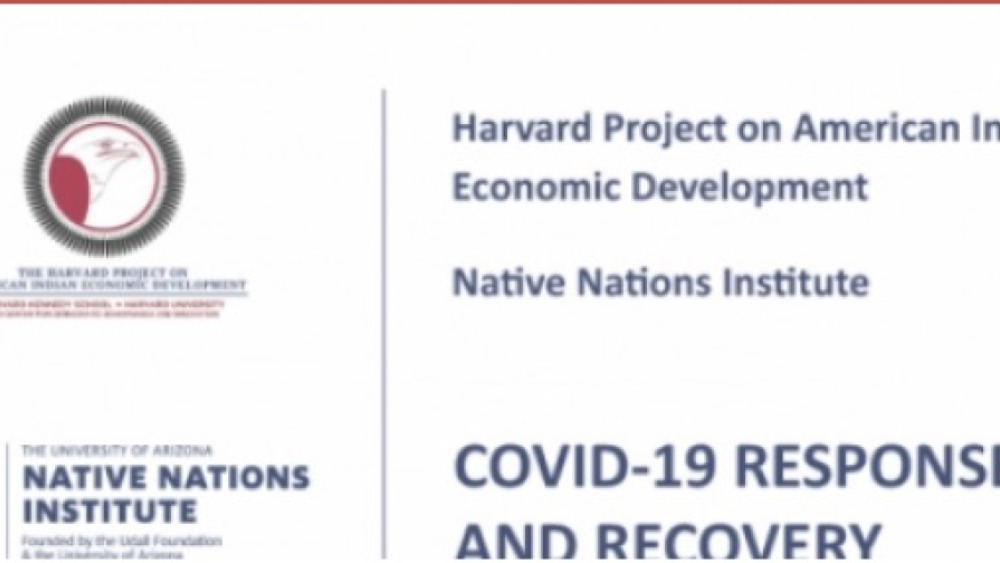
Policy Brief: The Need for a Significant Allocation of COVID‐19 Response Funds to American Indian Nations
This policy brief addresses the impact of the current COVID‐19 crisis on American Indian tribal economies, tribes’ responses to the crisis, and the implications of these impacts and actions for the US government’s allocation of crisis‐response funds to federally recognized tribes. We conclude that…
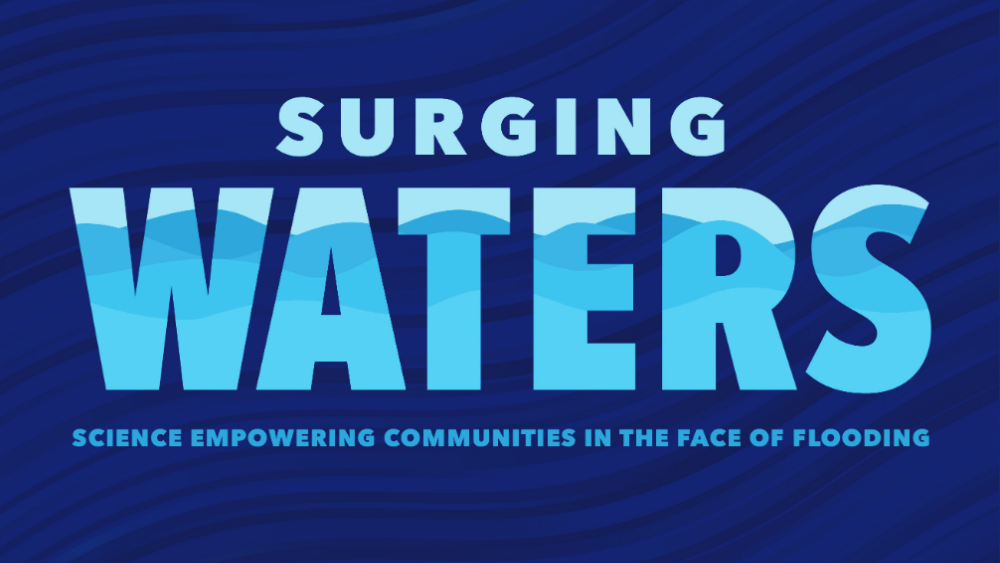
Surging Waters: Science Empowering Communities in the Face of Flooding
Surging Waters: Science Empowering Communities in the Face of Flooding is a report produced by AGU, a global not-for-profit scientific society dedicated to advancing the Earth and space sciences for the benefit of humanity. The report is reviewed by leading experts in these fields. From devastating…

Indigenized Communication During COVID-19
During times of crisis, the messages we send to our stakeholders matter more than ever. Tribal governments and Native organizations are on the frontlines of the COVID-19 pandemic and are making important decisions to protect the health and safety of their people. As Indigenous people, we…
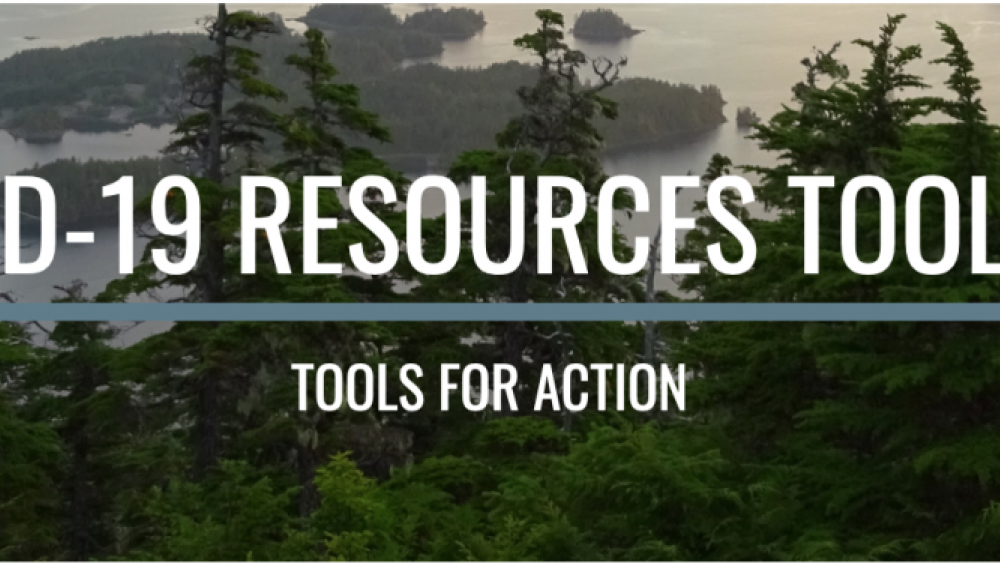
Harvard Project: COVID-19 Resources for Indian Country Toolbox
As the country responds to the coronavirus (COVID-19) pandemic, the task before tribal nations is complicated by many unknowns. The Harvard Project recognizes the challenges you're up against and we want to help. We are not experts in the health consequences of the pandemic, but we are monitoring…
Pagination
- First page
- …
- 1
- 2
- 3
- …
- Last page
